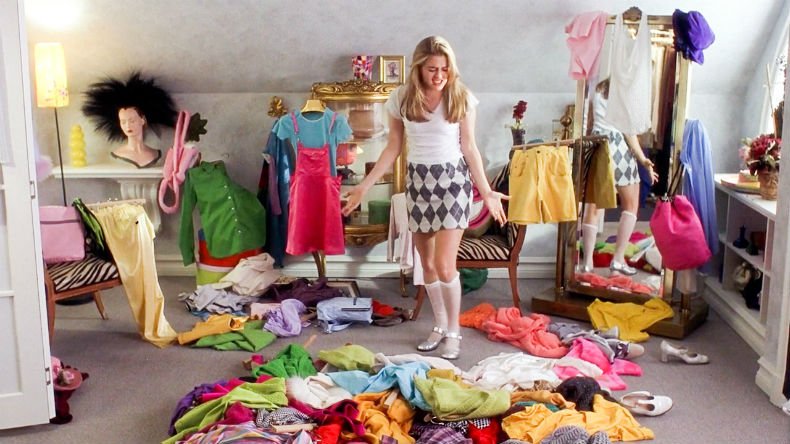How to Determine Whether a Brand Is Actually Ethical
By Kathryn Sohm
As the general public grows increasingly concerned with the state of our planet, people have been getting pickier about the brands they choose to support. The fashion and beauty industries are some of the biggest offenders when it comes to underpaying employees, creating waste, and unethical testing practices. To make matters worse, greenwashing and false claims of ethics are growing common among big-name brands that are fighting to stay relevant. Consumers have immense purchasing power, so it’s important to be informed about the brands you support with your hard-earned money!
Too many drops
When a brand constantly drops new products or always restocks pieces that have sold out, that’s a major red flag. This means that the brand likely works with a fast fashion-type factory that quickly and cheaply produces items. Brands do this so that they’re always keeping up with the trends, but it’s actually extremely bad for the environment and for factory workers because they usually have unrealistic deadlines that make for unsafe working conditions. Trendy items are also only in style for a short time, meaning they’ll probably be thrown out within a month or so.
Prices are suspiciously cheap
If a brand is selling items for a price that seems too good to be true, that means the product is poorly made and the factory workers were grossly underpaid. We’re looking at you, Shein. It’s truly not worth it to buy something from these fast fashion brands because the items weren’t meant to last. That means your cheap top will likely have holes, get pilly, or its seams will come undone after only a few washes. Though you might save some money now, you’ll pay for it in the long run.
Factories not listed
Brands that don’t properly list their factories online are usually up to something shady. The more transparent a brand is, the better. The gold standard is a company like Adidas, which lists its factory names, addresses, production categories, and worker counts (including a male/female breakdown). If a brand does list its factory suppliers, be suspicious if they quickly switch from using one factory to another. This means that the brand likely left in the middle of a project to find faster production.
Unclear testing practices
While shopping for skincare, makeup, or other items like cleaning supplies, do your own research to determine whether they’re actually cruelty-free. The term “cruelty-free” is not regulated, so brands can label themselves as such without any sort of accountability. Many brands conduct animal testing through a third party, or when selling in a country where animal testing is required by law, the brands conduct the testing themselves. The biggest red flag is when a brand slyly mentions that they sell in countries where it’s “required by law.” To double-check if a company is truly cruelty-free, look them up on a site like Cruelty-Free Kitty or Ethical Elephant.
Marketing Methods
When a business opts to use long-lasting, sustainable and eco-conscious marketing methods, they are probably doing everything they can as a brand to be ethical. Whether they’re using high quality Die Cut Sticker Printing to promote their green approach, or they’re spreading the word on social media about their effective, planet-friendly production processes. Words and marketing methods can speak volumes about a brand, so take note of how they speak about their business and what they’re doing to spread the word.




